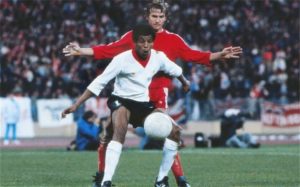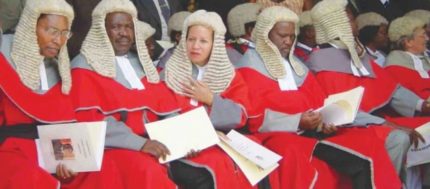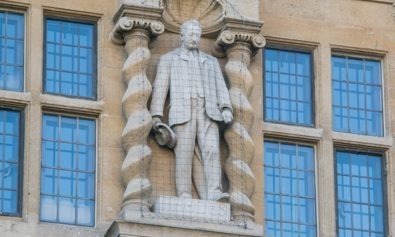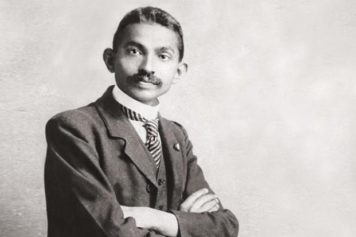
Howard Gayle, Liverpool’s first Black soccer player. Image by Colorsport.
Former English footballer Howard Gayle wants no parts of the oppressive, unjust system that was British colonialism.
Gayle, who became Liverpool’s first Black soccer player in 1977, recently declined a nomination for a British state honor known as the Member of the British Empire, or MBE. The now 58-year-old said accepting such an award would basically be a slap in the face to his Black ancestors who suffered abuse and enslavement at the hands of the British Empire.
“My ancestors would be turning in their graves after how empire and colonialism had enslaved them,” Gayle said.
The ex-footballer posted the difficult decision on his Facebook page Thursday, citing that his work with the U.K.-based charity, Show Racism a Red Card, is likely what earned him the nomination. According to TeleSUR, the anti-racism organization uses well-known soccer players to help educate and mobilize the younger generation against racism.
“This is a decision that I have had to make and there will be others who may feel different and would enjoy the attraction of being a Member of the British Empire and those three letters after their name,” Gayle wrote. “But I feel that it would be a betrayal to all of the Africans who have lost their lives, or who have suffered as a result of empire.”
The Toxteth-born athlete joined the youth ranks of the Liverpool Football Club back in 1974 and later signed a professional contract with the team in 1977. According to The Guardian, Gayle also played for the Blackburn Rovers, Fulham, Birmingham City, Halifax Town, Sunderland, Newcastle United, and Stoke City. He even went on to lead England to a victory in the 1984 UEFA European Under-21 Championship.
In addition, Gayle’s rise to fame as Liverpool’s first Black player was largely seen as a victory for the city’s Black community.
“It was constantly in the press that I was the first black player to play for Liverpool,” the former soccer star told Liverpool fan site This is Anfield, back in 2012. “It was a landmark as far as Black people were concerned, and I was proud to represent the Black community of Liverpool.”
Due to Britain’s dark history of colonialism, Gayle isn’t the first to have declined an honor from the MBE. According to TeleSUR, British-Jamaican writer Benjamin Zephaniah also refused the award in the name of anti-colonialism in 2003.
Millions have been oppressed by the British empire, including countries several Caribbean nations like Jamaica, India, and Australia, the news site reports.
Despite its forceful domination of foreign countries, many Brits still hold a favorable view of the empire and its past practice of colonialism — which included the genocide, slavery, and massacres of people of color. Atlanta Black Star cited a 2016 poll by YouGov, which found that 44 percent of British people thought the nation’s history of colonialism was a proud one. In contrast, 19 percent of respondents said the British Empire was bad, while 21 percent believed historic colonialism was regrettable.


